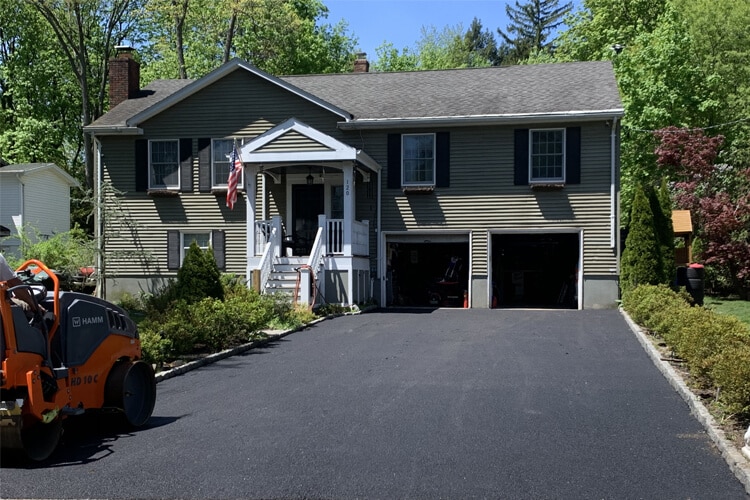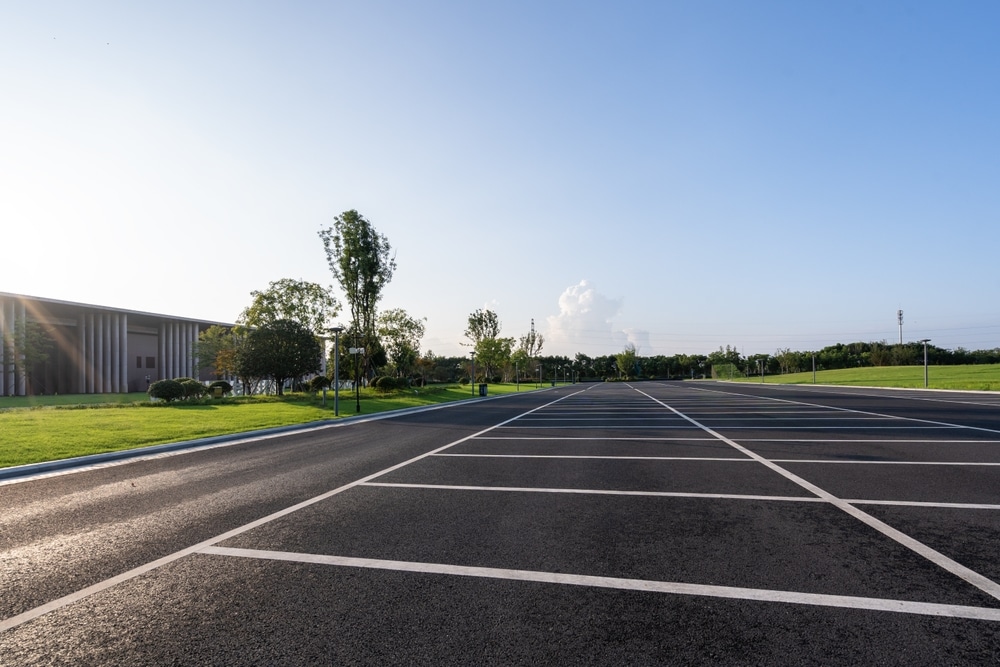Understanding Different Asphalt Mixes
Hot Mix Asphalt (HMA)
Hot Mix Asphalt (HMA) is one of the most common types of asphalt used for paving projects. It’s a mixture of approximately 95% stone, sand, or gravel bound together by asphalt cement, a product of crude oil. HMA is mixed at high temperatures, typically between 300-350 degrees Fahrenheit. This type of mix is known for its durability and resistance to cracking, making it ideal for heavy traffic areas such as highways and busy streets. In Florida, where the weather is consistently warm, HMA is an excellent choice because it can withstand the heat without becoming too soft. Premier Asphalt Services frequently uses HMA for large-scale projects due to its reliability.
Warm Mix Asphalt (WMA)
Warm Mix Asphalt (WMA) is similar to HMA but is produced at lower temperatures, usually between 200-250 degrees Fahrenheit. This reduction in temperature reduces fuel consumption and greenhouse gas emissions, making it a more environmentally friendly option. WMA is easier to work with and can be laid in cooler weather, which can be beneficial during Florida’s occasional cooler months. For those looking to balance performance with environmental concerns, WMA is a fantastic option. Premier Asphalt Services has found WMA to be particularly useful for projects that require quick turnarounds without compromising quality.
Cold Mix Asphalt
Cold Mix Asphalt is another option that is particularly useful for patching and small repairs. Unlike HMA and WMA, Cold Mix Asphalt doesn’t require heat during the mixing process. It’s made with a different kind of binder that allows it to remain pliable even in colder temperatures. This makes it a good choice for temporary fixes during Florida’s rainy season when you need a quick and effective solution. Asphalt contractors, like Premier Asphalt Services, often use Cold Mix Asphalt for minor repairs and maintenance work.

Porous Asphalt
Porous Asphalt is designed to allow water to drain through the surface, reducing runoff and improving water quality. This type of asphalt is particularly beneficial in areas prone to heavy rain, which is quite common in Florida. It helps to prevent flooding and erosion by allowing water to seep through and be absorbed by the ground below. Premier Asphalt Services recommends Porous Asphalt for parking lots, driveways, and other areas where water drainage is a concern. This type of mix not only helps with water management but also contributes to the longevity of the pavement by reducing water-related damage.
Recycled Asphalt Pavement (RAP)
Recycled Asphalt Pavement (RAP) is an eco-friendly option that involves reusing old asphalt materials. The old asphalt is crushed and mixed with new binder to create a fresh, durable surface. This method not only reduces waste but also saves money, making it a cost-effective choice for many projects. In Florida, where environmental conservation is a growing concern, RAP is gaining popularity. Premier Asphalt Services uses RAP for various projects, particularly for clients who are keen on reducing their carbon footprint without compromising on quality.
Choosing the Right Asphalt Contractors
Choosing the right asphalt contractors is crucial for the success of your project. In Florida, Premier Asphalt Services stands out due to their extensive experience and commitment to quality. They understand the unique challenges that Florida’s climate presents and are equipped to recommend the best type of asphalt mix for your specific needs. Whether you’re looking at a large-scale highway project or a small driveway repair, Premier Asphalt Services has the expertise to get the job done right. Their team of skilled professionals ensures that every project is completed to the highest standards, providing you with a durable and long-lasting asphalt surface.




